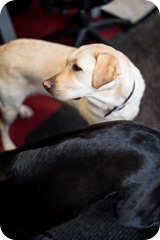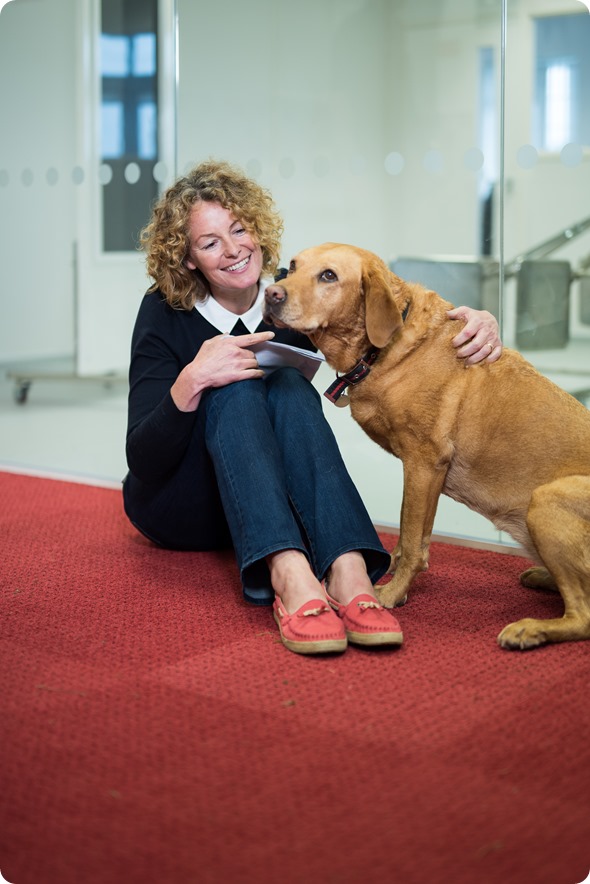 An overwhelming majority of the public support the use of trained dogs in the detection of human diseases, a poll commissioned by Medical Detection Dogs has found.
An overwhelming majority of the public support the use of trained dogs in the detection of human diseases, a poll commissioned by Medical Detection Dogs has found.
Medical Detection Dogs, a charity at the forefront of training dogs to detect disease, has increasingly gained acceptance and support among the medical community a year on from its launch of two major three-year cancer detection trials in collaboration with NHS trusts.
Now a YouGov survey of over 2,000 British adults (2,047) suggests that the public would support the training of dogs to a stage where they can start saving lives.
Almost four in five respondents agreed that a dog’s sense of smell can be more reliable a detector than a machine. Dogs are able to smell one part per trillion, the equivalent of one teaspoon of sugar in two Olympic-sized swimming pools.
In prostate cancer detection, machines being developed to replace existing tests are only 60 per cent reliable whereas Medical Detection Dogs have achieved a reliability of 93 per cent in training trials.
Over four in five (82 per cent) would be comfortable for doctors to use trained dogs to detect human disease in urine, breath and sweat samples. Nearly seven in 10 (69 per cent) agree that more resources should be allocated to advancing research into using dogs' sense of smell to help early diagnosis of human diseases.
Claire Guest, CEO and co-founder of Medical Detection Dogs, commented: “We are on the brink of something extraordinary here at Medical Detection Dogs.
“We know our dogs can reliably detect the odour associated with human disease, but we are delighted the public also recognise the potential of our work and want to see more resources go into advancing this technology.
Look past the waggy tail and furry coat; we’re working with a bio sensor that has been in development over 30,000 years.”
“Humans and dogs have worked together for tens of thousands of years. They have hunted with us, guarded us and guided us. Now we are opening a brand new chapter in this relationship; we are giving them the chance to save our lives by detecting disease.”
The charity, which was founded in 2008 and has had the patronage of the Duchess of Cornwall, is collaborating with local NHS trusts on two major trials into the canine detection of breast and prostate cancer.
The studies, which are due for publication in 2018, will be the most comprehensive pieces of evidence for the technology ever to be produced. In training trials, the dogs have demonstrated a 93 per cent rate of reliability, much higher than many existing tests for cancer. The charity has received international support for its pioneering work.
In May, it received a grant from the Bill and Melinda Gates foundation to collaborate with Durham University, London School of Hygiene and Tropical Medicine and MRC Unit The Gambia to investigate the detection of malaria using the olfactory power of dogs.
Medical Detection Dogs features as the BBC Lifeline charity of the month throughout October. The appeal will be re-broadcast at 1pm on BBC Two on Wednesday 12th October (first broadcast 4pm Sunday 9th October) and is available now online (from Sunday 6pm) at bbc.co.uk/lifeline.
